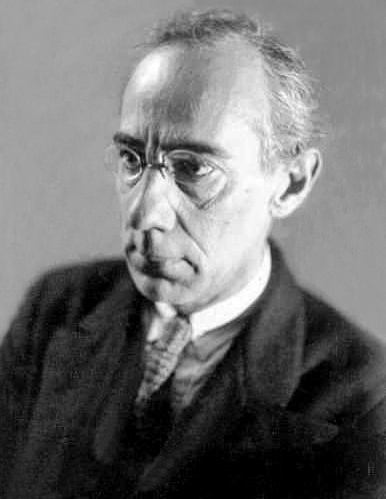
A.Beljaev được đánh giá là “một trong những người đặt nền móng cho loại truyện khoa học viễn tưởng Xô-viết”, với những tác phẩm như: Người bay Ariel, Người cá, Bột mì vĩnh cửu, Đầu giáo sư Dowel… Các tác phẩm đặc sắc của ông đều mang một nội dung xã hội sâu sắc, trong đó có cả tính khoa học, tính hấp dẫn và tính hài hước. Tác giả đã đề cập đến những vấn đề khoa học và kỹ thuật trong tương lai, chinh phục vũ trụ, sinh vật học, sinh lý học, y học ..v..v và có những dự kiến hết sức táo bạo. Bột mì vĩnh cửu là sản phẩm “tự nở” bước ra từ phòng nghiên cứu của một nhà bác học đầy tâm huyết với quê hương. Để thử nghiệm, ông đưa cho một người đánh cá nghèo sử dụng với những lời căn dặn cẩn mật. Tuy nhiên, sáng chế chưa hoàn chỉnh của ông đã bị những người đánh cá nghèo sử dụng vô tội vạ, bị bọn đầu cơ trục lợi… và cuối cùng trở thành một thảm họa đe dọa sự tồn vong của toàn nhân loại. Nhà bác học phải đau đầu tìm cách hủy đi phát minh của mình, trong sự sục sôi căm hận của những người từng tung hô mình lên mây xanh…
Author

Alexander Romanovich Belyaev (Russian: Александр Романович Беляев); born 16 March 1884 in Smolensk, Russian Empire; died 6 January 1942 in Pushkin, USSR] Born in Smolensk, at the age of 30 Alexander became ill with tuberculosis. Treatment was unsuccessful; the infection spread to his spine and resulted in paralysis of the legs. Belyayev suffered constant pain and was paralysed for six years. In search for the right treatment he moved to Yalta together with his mother and old nanny. During his convalescence, he read the work of Jules Verne, H. G. Wells, and Konstantin Tsiolkovsky, and began to write poetry in his hospital bed. By 1922 he had overcome the disease and in 1923 returned to Moscow where he began his serious literary activity as writer of science fiction novels. In 1925 his first novel, Professor Dowell's Head (Голова Профессора Доуэля) was published. From 1931 he lived in Leningrad with his wife and oldest daughter; his youngest daughter died of meningitis in 1930, aged six. In Leningrad he met H. G. Wells, who visited the USSR in 1934. In the last years of his life Belyaev lived in the Leningrad suburb of Pushkin (formerly Tsarskoye Selo). At the beginning of the German invasion of the Soviet Union during Second World War he refused to evacuate because he was recovering after an operation that he had undergone a few months earlier. Belyayev died of hunger in the Soviet town of Pushkin in 1942 while it was occupied by the Nazis. His wife and daughter, who managed to survive, were taken away to Poland by the Nazis. The exact location of his grave is unknown. A memorial stone at the Kazanskoe cemetery in the town of Pushkin is placed on the mass grave where his body is assumed to be buried.